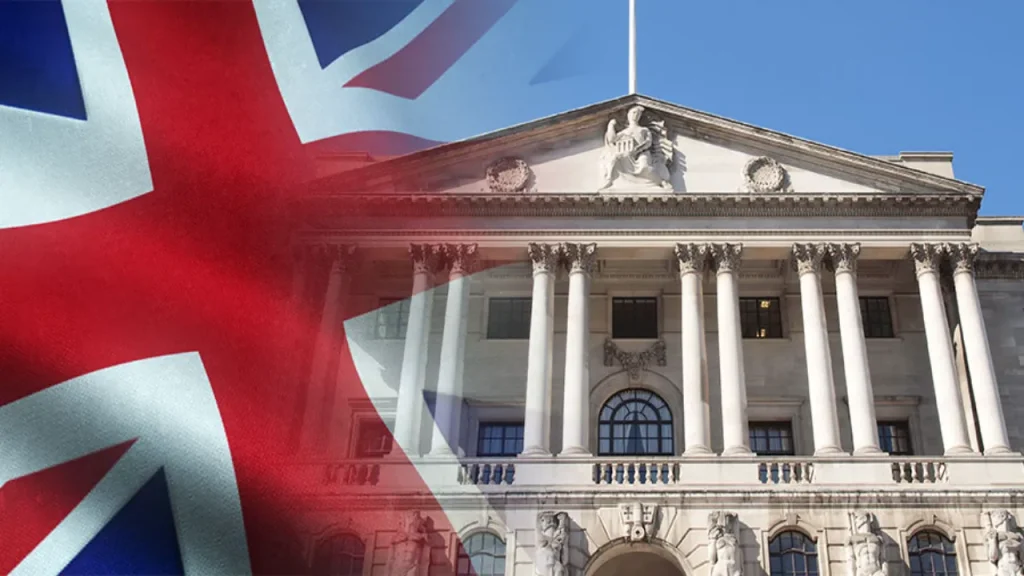- Andrew Bailey rejects claims of fallout with Treasury.
- He reaffirms strong working relationship amid Revolut license delay.
What happened: Governor seeks to clear the air over Revolut banking licence tensions
BoE Governor Andrew Bailey has publicly rejected suggestions of a falling-out with the UK government over delays to Revolut’s full banking licence. The claims followed reports that he declined to facilitate a meeting between the Treasury, Prudential Regulation Authority and Revolut. Bailey told CNBC the working relationship between the Bank and the government remains positive and robust. He stressed that regulatory independence must be preserved, especially in licensing decisions.
According to available details, Revolut has been in the licence process since 2021 and received a restricted “mobilisation” licence in 2024. That licence allows the fintech to accept limited deposits while it continues to satisfy regulatory expectations. Bailey emphasised that both Revolut and the PRA are committed to advancing the licence process within established procedures.
Also read: UK selects Teesworks for Europe’s largest AI data centre
Also read: UK 5G network underperforms despite rollout efforts
Why it’s important
This episode highlights the delicate balance between political oversight and regulatory autonomy in financial services. With fintech firms like Revolut seeking to gain full banking status, tensions may arise between government ambitions and the need for stringent safeguards. Bailey’s denial of a conflict sends a clear signal that the Bank of England safeguards its operational independence—even in the face of high-profile and politically sensitive applications.
This stance supports trust in financial governance and ensures decisions remain grounded in regulatory criteria, not external pressure. It also sets a precedent for future interactions with disruptive financial entrants. Maintaining this boundary is particularly crucial in sectors where innovation and stability must coexist.

